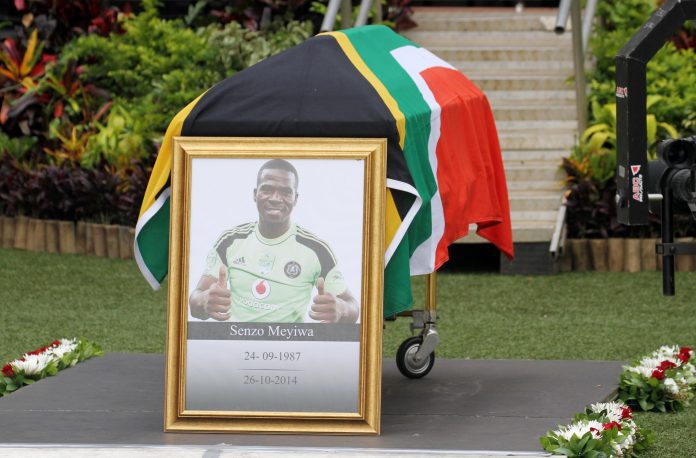The Senzo Meyiwa murder trial took an unexpected turn last week when it emerged that accused number one, Muzikawukhulelwa Sibiya, and number two Bongani Ntanzi allegedly confessed in the past to the gruesome murder of the late soccer star.
However, the proceedings have now entered a complex phase as Ntanzi’s lawyer claims that his client’s confession was obtained under duress.
As the trial unfolds, the court is also engaging in a trial within a trial to assess the admissibility of this potentially crucial evidence.
Section 217 of the Criminal Procedure Act plays a central role in this legal drama, outlining stringent requirements for the admission of confessions as evidence.
According to legal expert Lekoko Mateme: “The confession must be proved to have been made freely and voluntarily by such a person in his sound and sober senses and without undue influence.”
Burden to prove rests with prosecution
Mateme underscored that the burden of proving these requirements beyond reasonable doubt rests with the prosecution, and if disputed by the accused, they are expected to provide evidence that is reasonably and possibly true.
If the state relies solely on a confession and fails to prove it beyond reasonable doubt, the matter is finalised in favour of the accused.
However, if the confession is accepted beyond reasonable doubt, the case proceeds to trial, with the confession serving as key evidence.
In this case, Ntanzi’s attorney has argued that the confession obtained via e-mail was coerced, casting doubt on its authenticity.
The court must now meticulously examine the circumstances surrounding the confession, the methods used, and whether Ntanzi’s will was overpowered.
The Senzo Meyiwa murder trial has drawn significant public interest since the late South African soccer star’s tragic death on October 26 2014.
His murder, while he was visiting the home of his then-girlfriend Kelly Khumalo in Vosloorus, east of Johannesburg sent shockwaves across the country.




